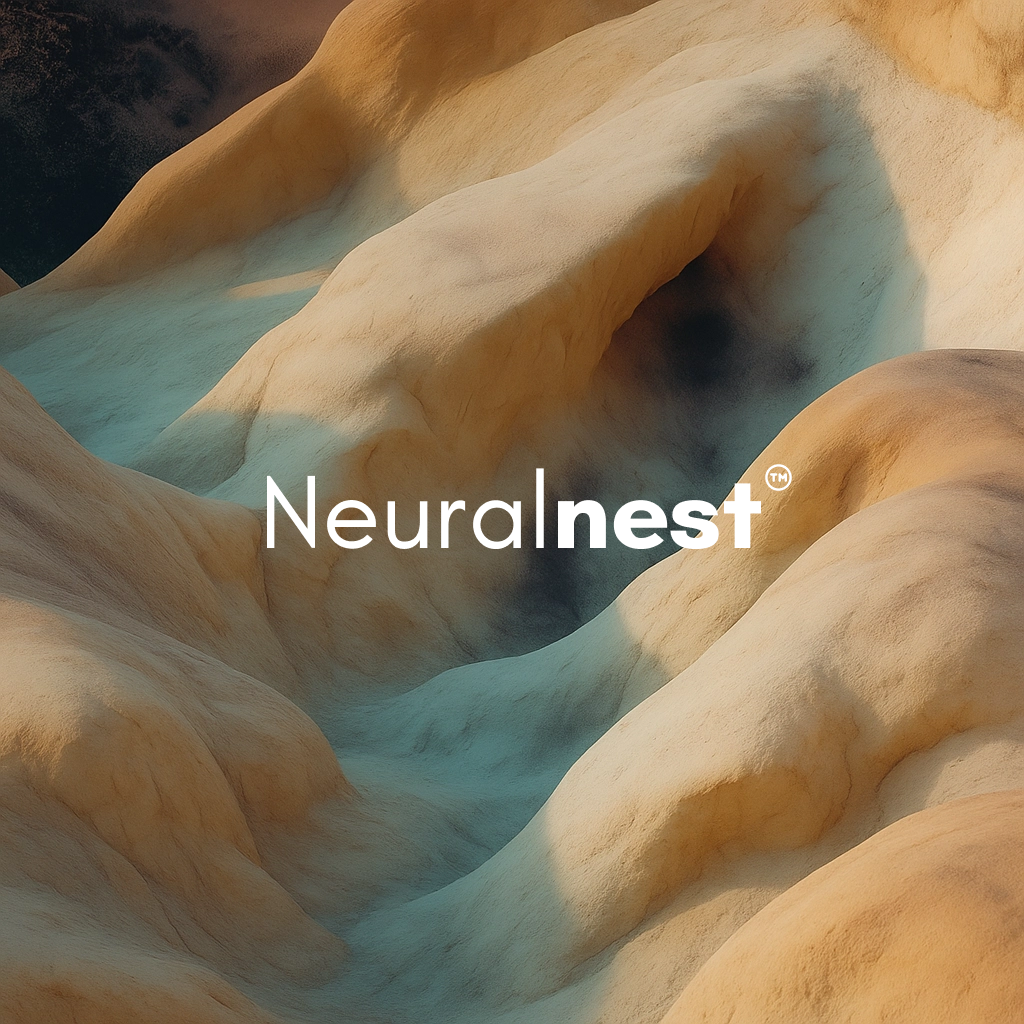In 2025, marketing isn’t just about reaching your audience — it’s about anticipating their needs before they even articulate them. We’ve entered a new era where Artificial Intelligence doesn’t just support marketers — it thinks, generates, predicts, and adapts alongside them.
The biggest shift? Marketing is no longer reactive. It's predictive, automated, and increasingly human-like in creativity — thanks to AI.
Let’s explore the most powerful ways AI is transforming marketing right now.
1. Predictive Intent Is Replacing Guesswork
Forget A/B testing for weeks. Today, AI can identify micro-moments of consumer intent in real time — using behavioral data, search patterns, device signals, and more.
Platforms like Google’s AI-powered Demand Gen, Meta’s Advantage+, and first-party data models now enable brands to engage customers at the precise moment of relevance — not after.
2. Generative AI Is Now a Core Creative Partner
In the past, AI was used for optimization. Now, it’s also generating content, visuals, and even full campaign narratives. What used to take days of brainstorming can now be built in minutes — and tested at scale.
- Text: GPT-4 can create brand voice-aligned copy for ads, emails, and product descriptions.
- Images: Tools like Midjourney, DALL·E, and Runway ML generate unique campaign visuals on the fly.
- Video: AI video generators are producing explainer videos and product animations without a crew.
Marketing teams are becoming “prompt engineers,” blending human direction with machine creativity.
3. The Rise of Zero-Click Marketing
With AI-generated summaries and answers dominating search (like Google’s SGE and ChatGPT browsing plugins), marketers must now optimize content for AI, not just humans.
SEO is evolving fast: it’s no longer about top-ranking articles — it’s about being the data source AI trusts.

3. The Rise of Zero-Click Marketing
With AI-generated summaries and answers dominating search (like Google’s SGE and ChatGPT browsing plugins), marketers must now optimize content for AI, not just humans.
SEO is evolving fast: it’s no longer about top-ranking articles — it’s about being the data source AI trusts.
4. AI Agents Are Becoming Brand Ambassadors
Beyond simple chatbots, AI-powered “brand agents” can now engage with customers, provide support, offer product recommendations, and even close sales — all while learning from each interaction.
Example: Shopify Magic, powered by ChatGPT, is allowing online stores to run near-autonomous sales and customer service operations.
5. Audience Building Is Becoming Autonomous
AI is now building custom audience segments based on deep behavioral patterns — not just demographics or interest tags. You no longer have to guess who your ideal buyer is — the system builds and refines segments on the fly.
The shift? From “who do I target?” to “who is already showing intent, interest, or alignment?”
6. The Marketing Stack Is Getting Streamlined
Marketers are increasingly turning to AI-native tools that do end-to-end tasks — from ideation to launch — without needing 5 different platforms. Think of it as the rise of "AI-native marketing ops."
Tools like Jasper, Notion AI, Copy.ai, Adobe Firefly, Canva AI, and Runway are collapsing traditional workflows into seamless experiences.
7. Strategic Thinking Still Wins — AI Can’t Replace Vision
Despite all the advances, one truth holds: AI is a powerful tool, not a strategist. Brand storytelling, cultural insight, emotional resonance — these still require human instinct and leadership.
The marketers who win in 2025 aren’t those who fear AI — they’re the ones who lead it with vision.
Final Thought:
The marketers of tomorrow will be creative technologists.
Fluent in data, strategy, storytelling — and AI tools.
AI is no longer just enhancing marketing. It’s redefining the role of the marketer — from content creator and analyst to orchestrator of intelligent, adaptive brand ecosystems.
Are you adapting — or watching from the sidelines?





.webp)

